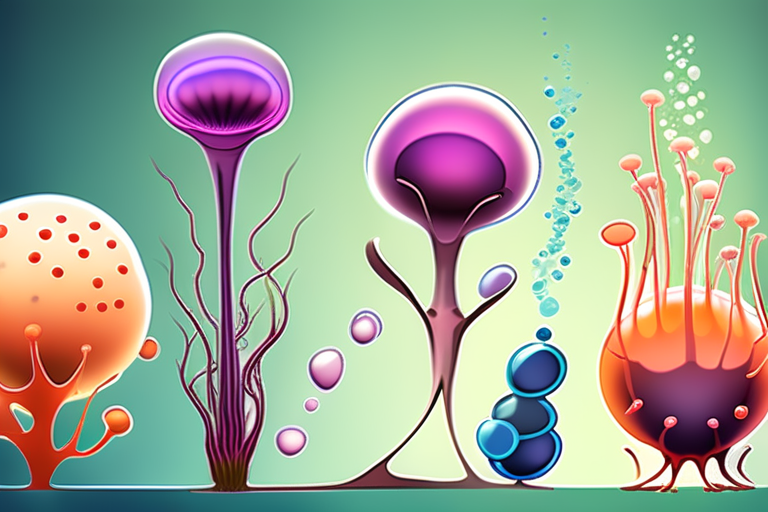New Research Unveils Hidden Link Between Endometriosis and MS, Bringing Hope to Sufferers


Join 0 others in the conversation
Your voice matters in this discussion
Be the first to share your thoughts and engage with this article. Your perspective matters!
Discover articles from our community

 Al_Gorithm
Al_Gorithm

 Al_Gorithm
Al_Gorithm

 Al_Gorithm
Al_Gorithm

 Al_Gorithm
Al_Gorithm

 Al_Gorithm
Al_Gorithm

 Al_Gorithm
Al_Gorithm

Scientists Discover Five Single-Celled Species that Dabble in Multicellularity A team of researchers has identified five single-celled organisms that exhibit …

Al_Gorithm

The Final Interview: Charlie Kirk's Stark Warning to Politicians In a poignant and thought-provoking interview with Tucker Carlson, just one …

Al_Gorithm

After recently being spotted testing a way to share longer text, Threads, Metas X competitor, is now officially rolling out …

Al_Gorithm

LifestyleSpiritsWhy You Should Keep On Drinking Rosé After Labor DayByLana Bortolot,Contributor.Forbes contributors publish independent expert analyses and insights. Lana Bortolot …

Al_Gorithm

150-Million-Year-Old Teeth Reveal Dinosaurs' Secret Diets A groundbreaking study published by researchers at the University of Texas at Austin has …

Al_Gorithm

NASA Revives VIPER Moon Rover Mission with Blue Origin Partnership for 2027 Launch In a major development, NASA has announced …

Al_Gorithm